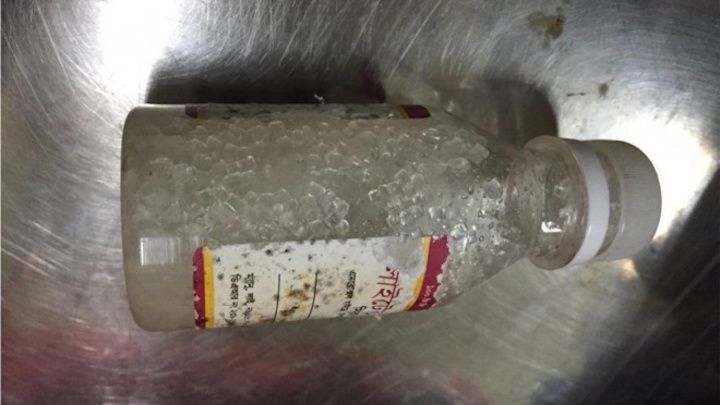Police dismiss reports of ‘cannibalism drug’
The police have dismissed speculation linking two recent assaults by biting to the use of a synthetic drug commonly known as bath salts. In a statement yesterday, the police sought to assuage public fears following widely circulated messages suggesting the assailants were under the influence of the pyschoactive drug, also known as cloud nine.

08 Mar 2016, 09:00
The police have dismissed speculation linking two recent assaults by biting to the use of a synthetic drug commonly known as bath salts.
In a statement yesterday, the police sought to assuage public fears following widely circulated messages suggesting the assailants were under the influence of the pyschoactive drug, also known as cloud nine.
Last week, a mugger attacked a man while he was praying at a mosque in Malé and bit off part of his ear in an attempt to steal his phone. On Saturday, a man in Addu City assaulted a taxi driver and bit two parts of his head in an attempted robbery.
But the police said neither suspect has tested positive for synthetic cathinones. The police have also not received any reports on the use or trafficking of the drug in the Maldives so far, the statement noted.
Become a member
Get full access to our archive and personalise your experience.
Already a member?
Discussion
No comments yet. Be the first to share your thoughts!
No comments yet. Be the first to join the conversation!
Join the Conversation
Sign in to share your thoughts under an alias and take part in the discussion. Independent journalism thrives on open, respectful debate — your voice matters.




